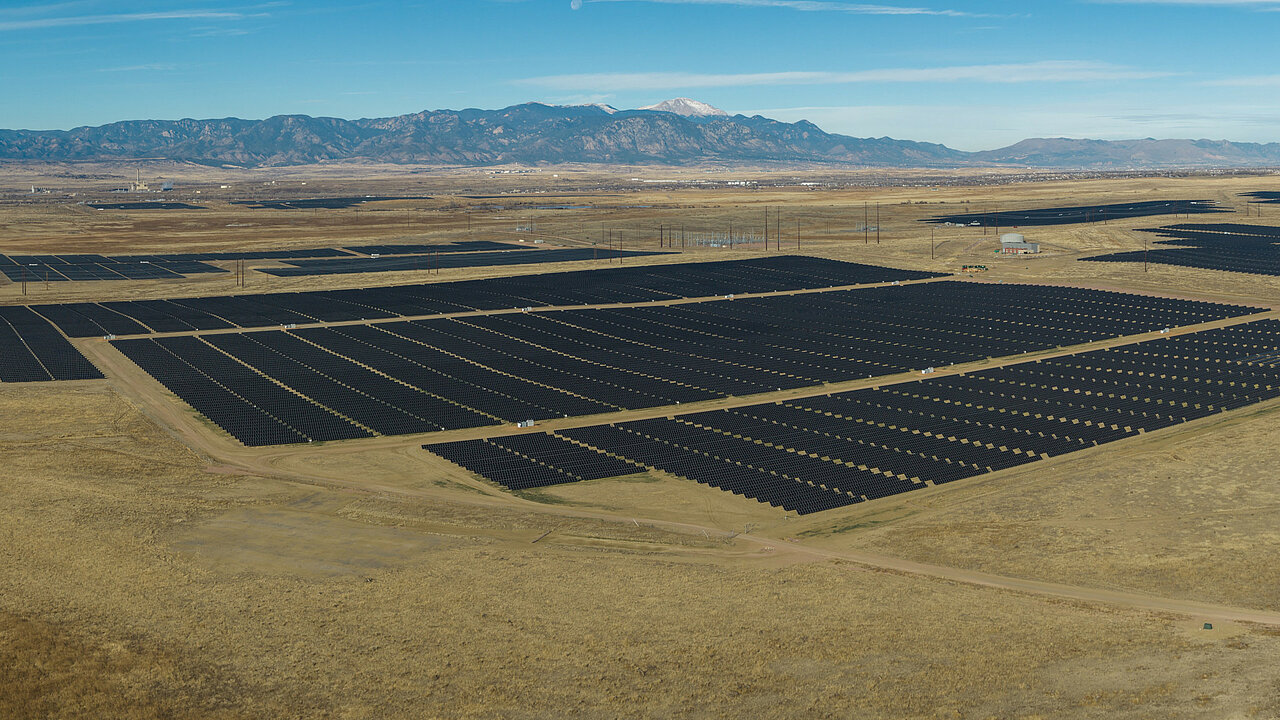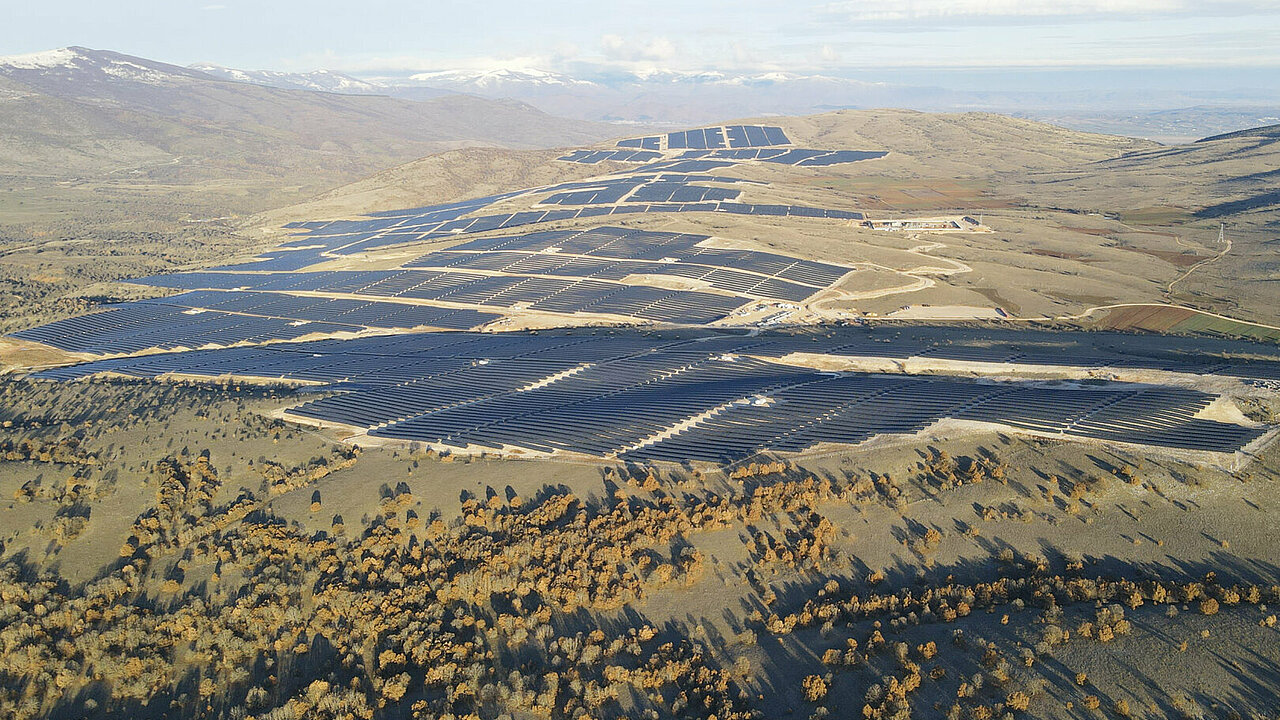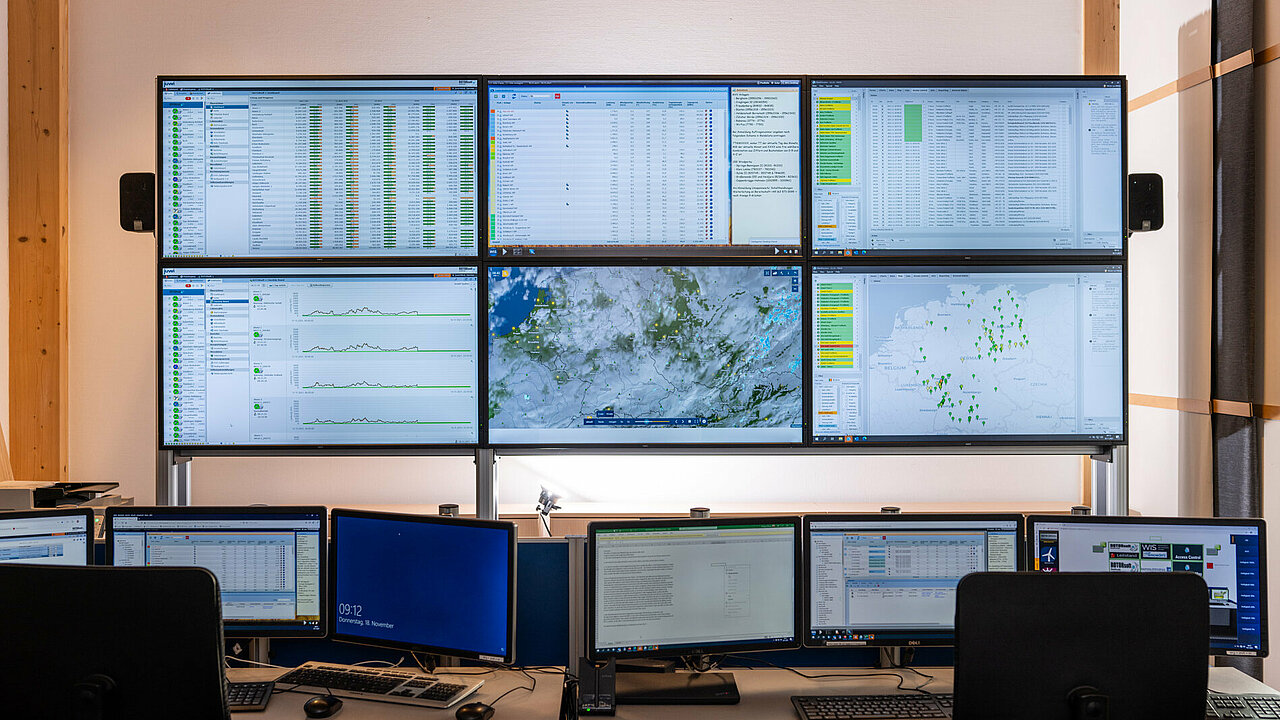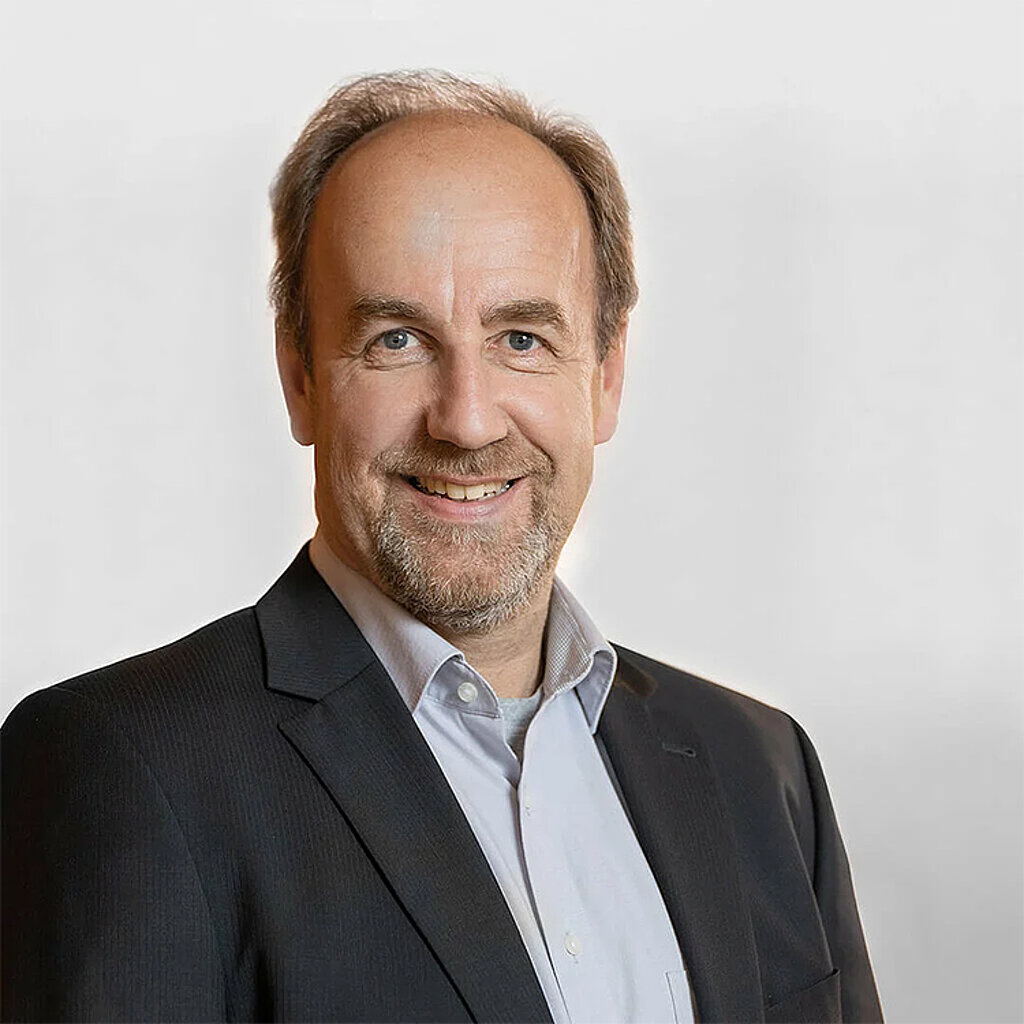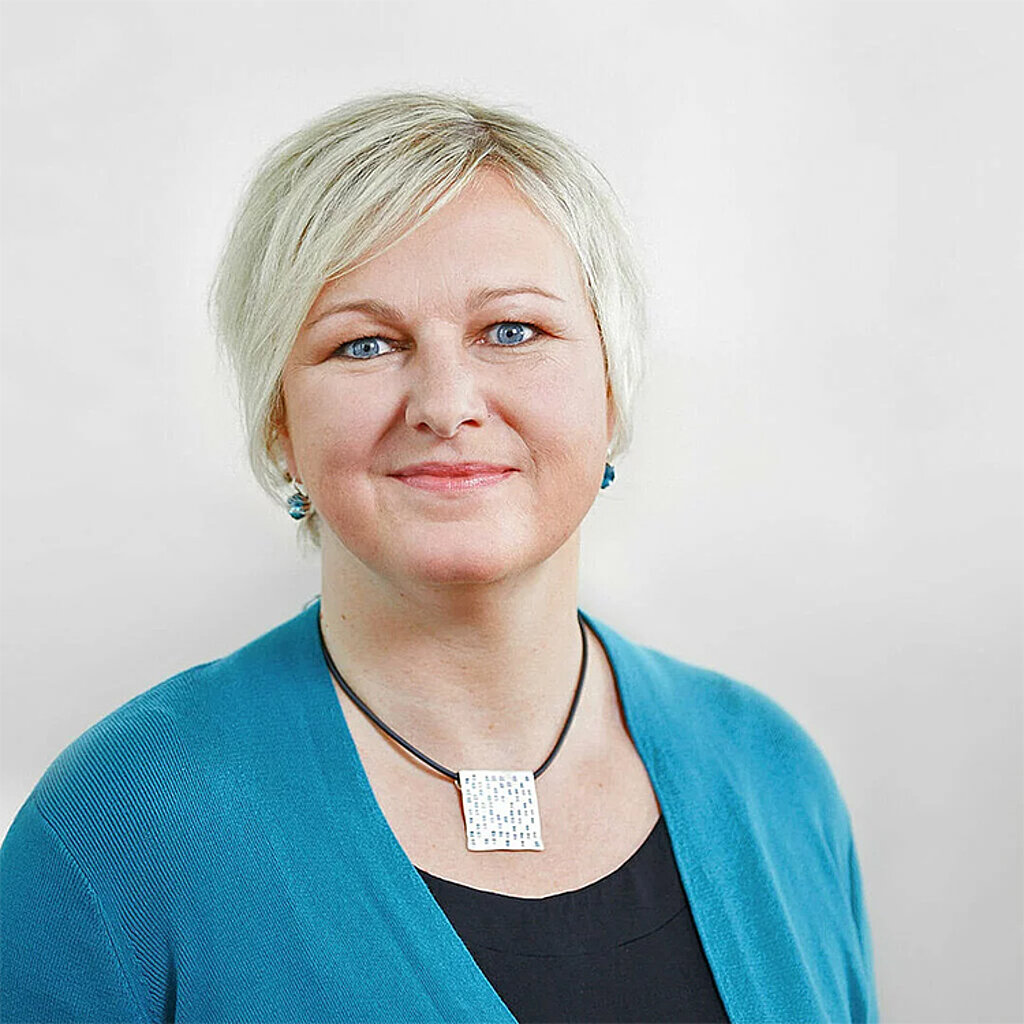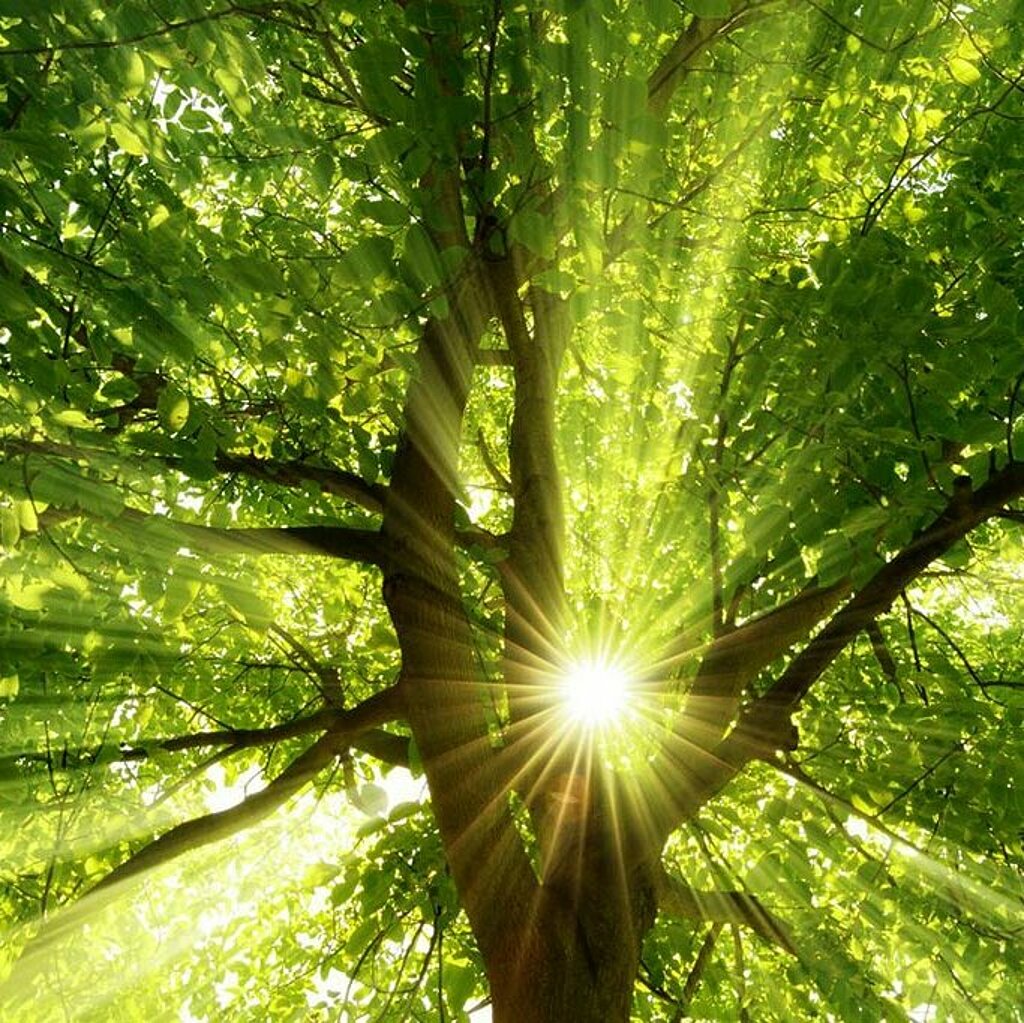
Milestones in the history of JUWI
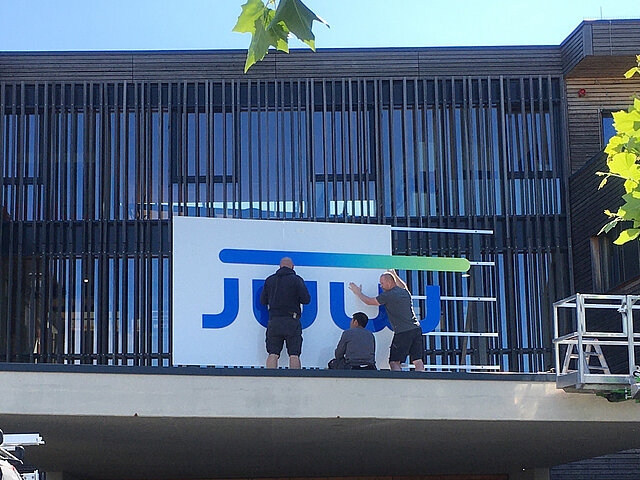
For even more good energy
At the beginning of 2024, JUWI reached the threshold of 3,000 MW in total capacity constructed in wind project development as well as 4,000 MW in solar projects. And more projects are in development and construction.
In 2023, JUWI Hellas acquired a PV portfolio of projects located in Central Greece with a capacity of 267 megawatts from Hive Energy Ltd. Construction of the largest PV project in the JUWI history is scheduled to start in August 2024. Commissioning is planned for the first quarter of 2026. Following commissioning, JUWI will take over the technical operation and maintenance (O&M) of the projects. The year 2023 was also the year of another record solar project in USA. The solar farm Pike Solar with over 220 Megawatt was connected to the grid in Colorado. With a capacity of 223.6 megawatts, the solar park will provide electricity for over 46,000 US households every year for the energy company Deriva (formerly Duke Energy). In Germany, the largest wind park in North Rhine-Westphalia is planned by JUWI as a land lease agreement for a 1,500-hectare site, with a potential for up to 35 turbines, is signed.
JUWI and the MVV subsidiary Windwärts join forces in 2022. With this doubling of competence and a new brand identity, JUWI became an even more successful enabler of the energy transition than before. In April 2022 Kozani solar park in was constructed in Greece. With a capacity of 204 MW and a total area of 4,500 hectares the project was Europe´s largest bifacial solar power plant at the time. The solar park built within just 18 months despite restrictions caused by Covid-19. Furthermore, JUWI commissions world’s largest solar hybrid project at an Egyptian mine site at Centamin’s Sukari Gold Mine in that year.
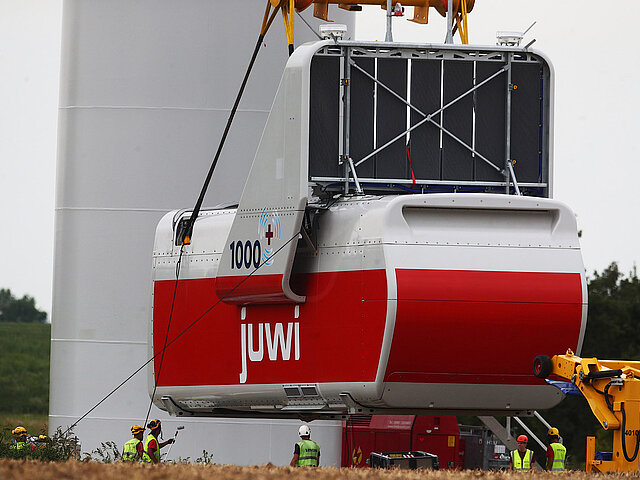
Important impulses for the expansion of renewable energies
JUWI reaches another significant milestone in 2019, constructing its 1,000th wind turbine with the wind farm in Mohlis (Thuringia). With the construction of two solar parks in Brandenburg, JUWI also completes its re-entry into the German solar business.
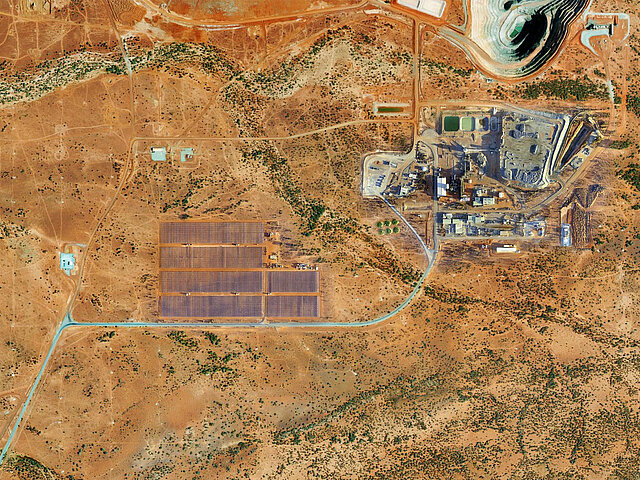
In 2018, the previous majority owner, Mannheim-based MVV Energie AG, takes over 100 percent of the shares in JUWI. A further important impulse for the expansion of renewable energies. In the same year, a 135-megawatt solar project in India breaks this company record. JUWI also sets new standards in Australia where the largest solar off-grid project in the world is built in the Australian outback. The 10.6 MW solar plant, which is built to supply power for a mine, also holds a 6 MW battery storage. Many more utility-scale solar plants are realized in the US, South-East-Asia, Japan and in Turkey.
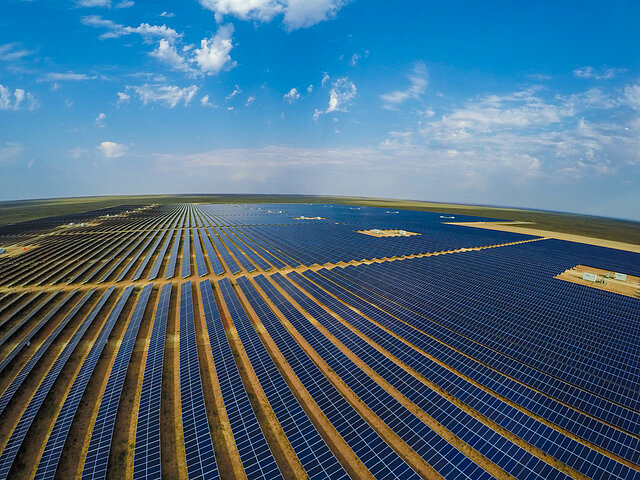
In 2016, near the South African city of Prieska, we commissioned what was then the largest solar park in our company's history. More than 275,000 modules cover an area the size of 200 soccer fields and supply around 86,000 households with climate-friendly electricity every year. With around 2,500 hours of sunshine per year, the Northern Cape is not only one of the sunniest regions in the world, but also predestined for the conversion of South Africa's power supply to renewable energies.
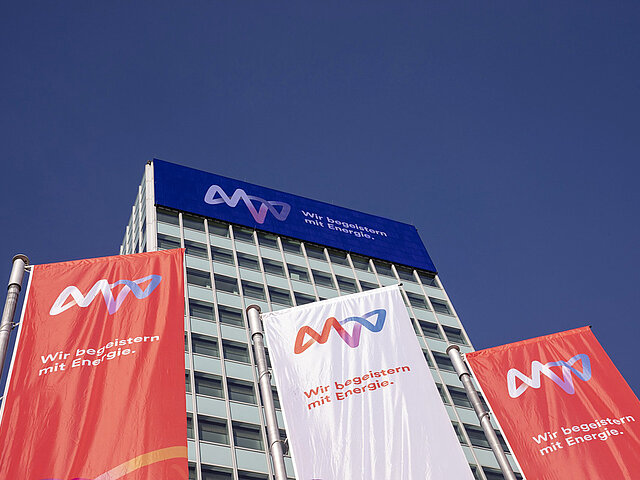
A focus on core business
The political framework in the home market Germany and in many other European countries deteriorates distinctly. After the reform of the German Renewable Energies Act in 2012, the German solar market collapses. JUWI reacts by restructuring the company and distances itself from marginal businesses in the years to follow. The company ends its B2C, biogas and wood pellet business as well as the development of components. Instead, JUWI concentrates on the development and construction of wind and solar farms and their operation and maintenance. By the end of 2014, Mannheim energy supplier MVV Energie AG invests in the JUWI Group. This partnership stabilizes JUWI sustainably and offers new perspectives for the future.
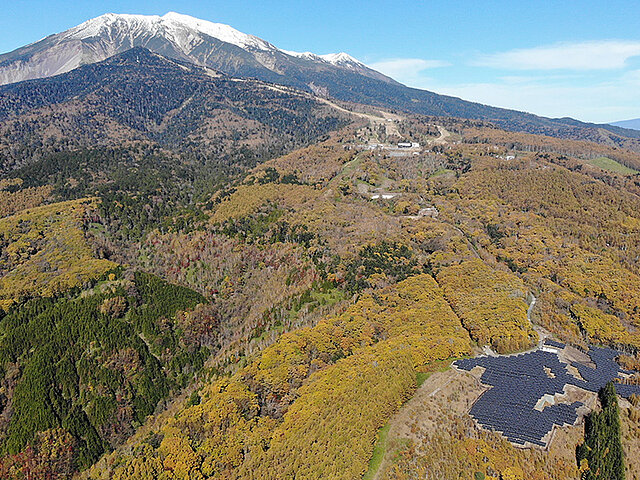
A reorientation, furthermore, took place internationally. Subsidiaries were closed in Europe and Latin America, while business in the Asia-Pacific region was further expanded with activities in Japan, Thailand, the Philippines and Australia as well as the APAC headquarters in Singapore. JUWI realized a whole range of different solar projects in 2015, including in Japan and southeast Asia, India and the USA.
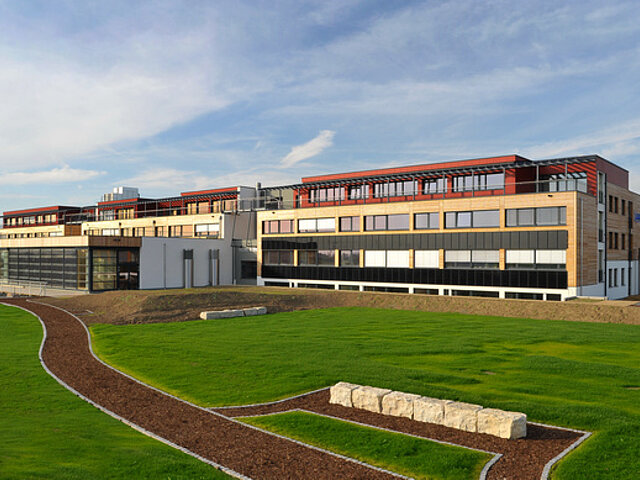
Rapid Expansion
An era of enormous expansion begins for JUWI. By the end of 2010, the number of employees increases to more than 1,000. In 2008, the company moves to its new headquarters in Wörrstadt, which has to be extended by a second building soon after. The expansion trend is also persistent internationally: activities are launched in Poland, the Czech Republic, Greece, South Africa and India. In 2009, JUWI builds a 50-megawatt wind farm in Costa Rica, the largest wind farm in Central America to date. In the US, a 60-megawatt park is erected in Nebraska.
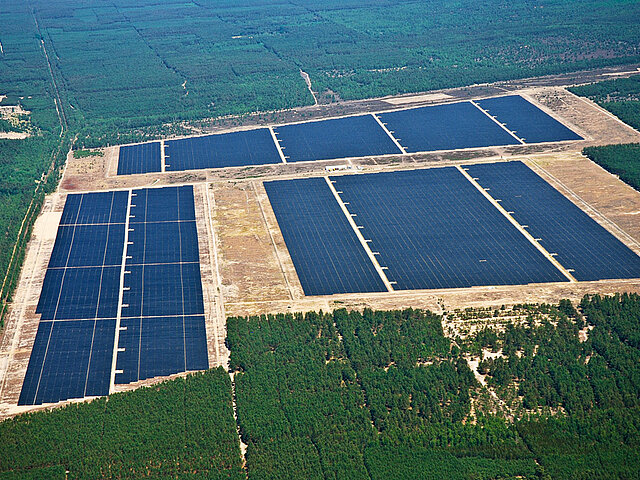
In Germany, JUWI increasingly builds large parks at complex sites, often in woodlands. In the solar business, the company also enters new dimensions. On a former military training area, JUWI builds the third largest solar farm worldwide to date in the year 2006 with 53 megawatts. Additionally, the company begins to enter new business areas: several biogas and wood pellet plants are built and JUWI begins to work on electromobility. Moreover, JUWI starts to carry out repowering in the wind sector.
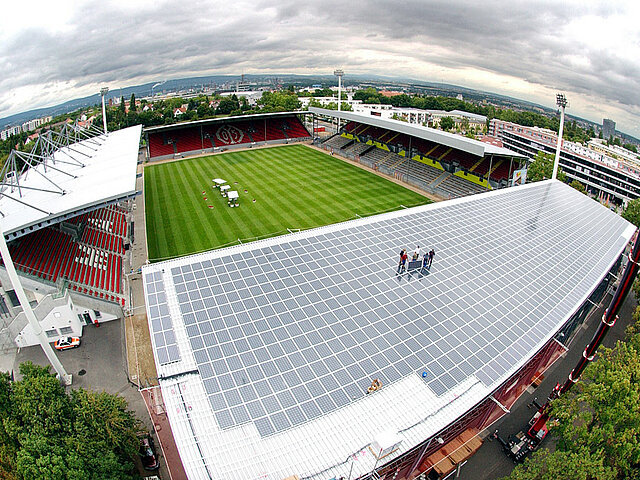
A second area of business: Project development in the solar sector
JUWI develops its solar activities to become a second and important area of business. In 2005, several free-field solar plants with a total capacity of approximately 3.5 megawatts are installed. Furthermore, a series of rooftop solar plants are installed. Among them the solar plants installed on the state theatre of Mainz in 2001 and the rooftop plant installed on the stadium of the former German national football league player Mainz at the Bruchweg in 2005.
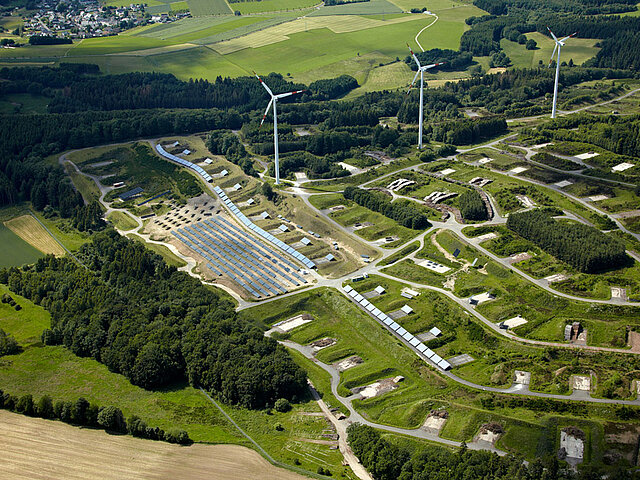
At the same time, JUWI develops its position as one of the leading specialists for wind energy onshore. In 2002, the company installs its 100th wind turbine. In the same year, the pilot project "energy landscape Morbach" in the Hunsrück region is launched with 14 wind turbines and solar cells with a total capacity of 500 kilowatts. JUWI also commences its activities abroad. In the Breton village of Plouguin, in the north-west of the French seaport Brest, JUWI installs its first wind farm abroad in 2004. Further business follows in the US, Spain and Costa Rica.
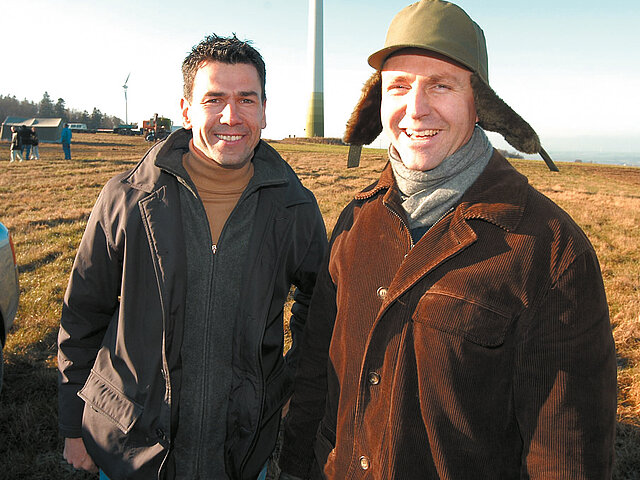
How it all began
Independently from one another, physicist Matthias Willenbacher and agricultural economist Fred Jung began to measure wind conditions at their parents' farms in the Palatinate. After their first meeting, the two men decide to work together and, on December 4th, 1996 they found the company Jung & Willenbacher Windenergie GmbH, later re-branded juwi GmbH.
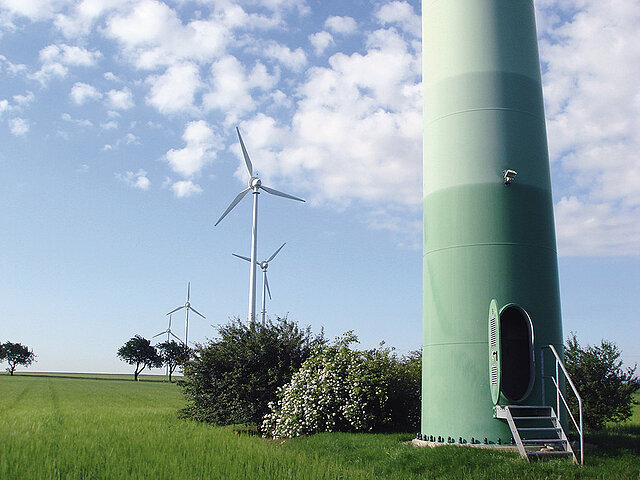
In 1997, the first wind turbines are installed at Schneebergerhof (Donnersberg region) and three further plants in Spiesheim (Alzey-Worms) follow. Only two years later, JUWI builds the largest wind farm to date in south Germany. Near Alzey in Flomborn, Steten and Ilbesheim the young enterprise installs 19 wind turbines with a total capacity of 19.1 megawatts. In 1999, JUWI enters the solar business and realizes its first large solar plant in the following year, in Kirchheimbolanden.





